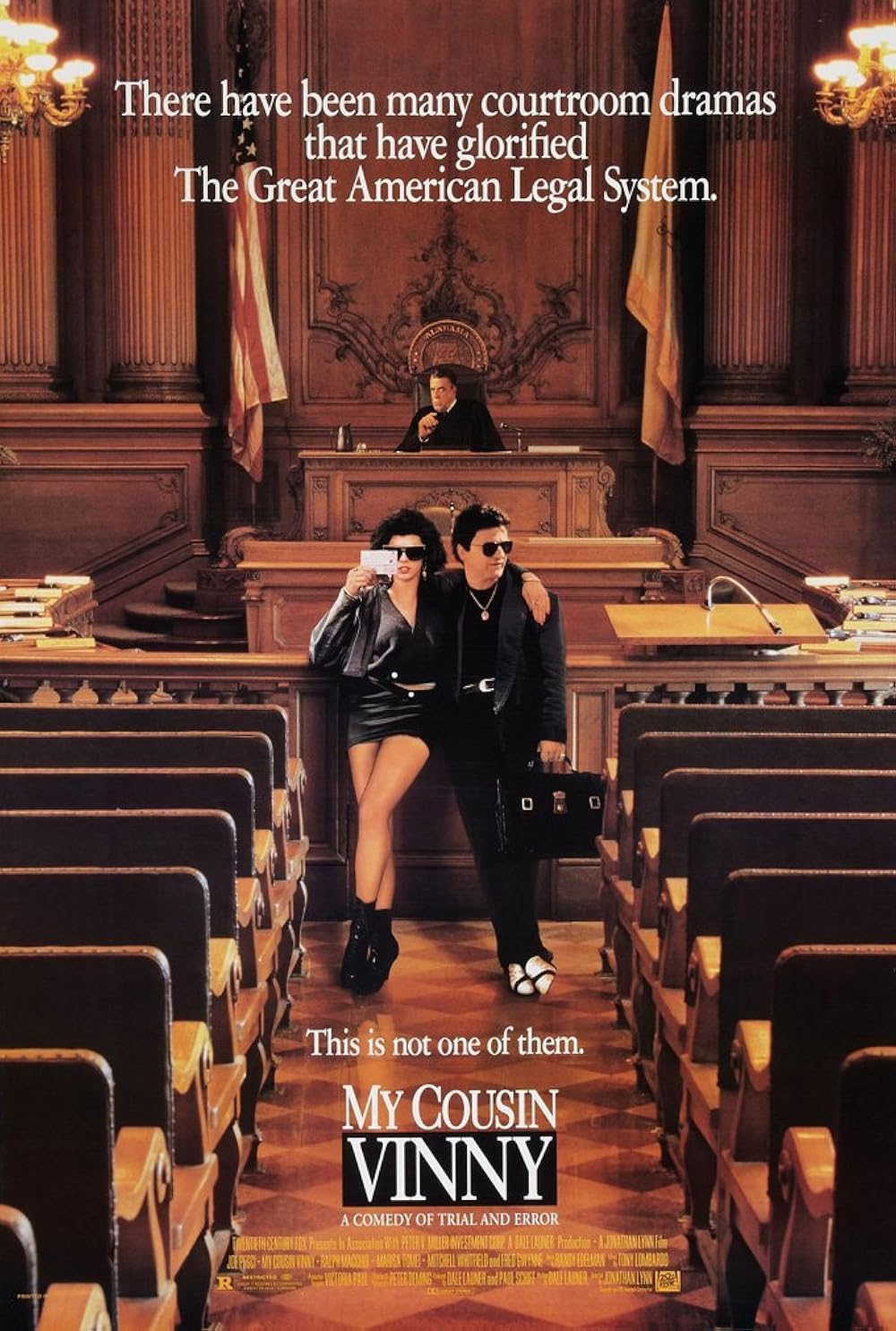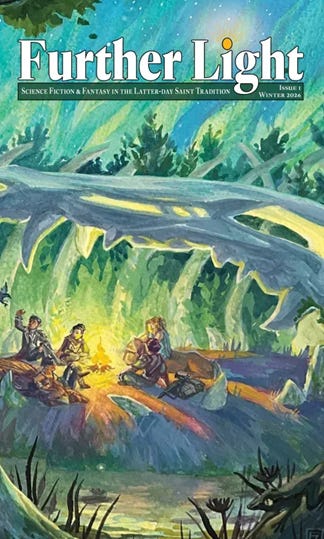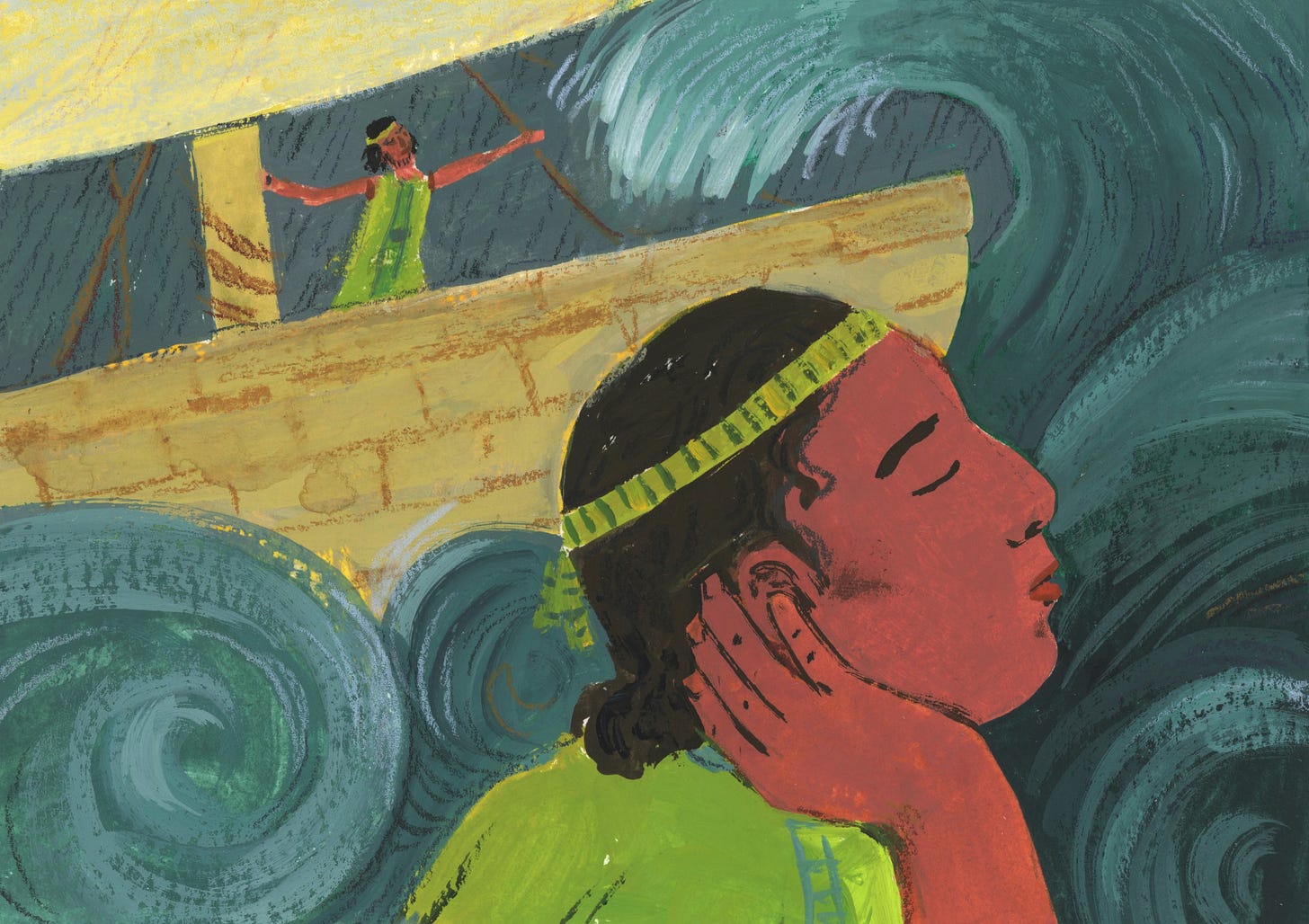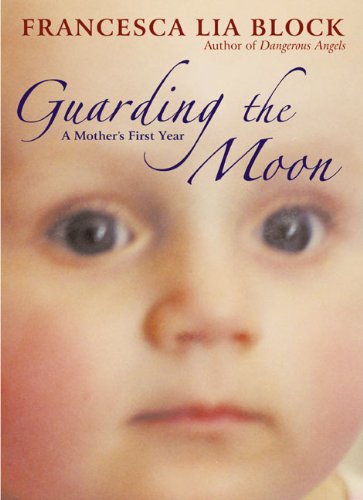Here it is March second and I haven't posted February's movies yet. And I am the rare person who knows exactly how many days in every month. I know the days in the month better than I know my left and my right.
But that's, ah, not really saying anything....
.
 |
| HOME Prime Video |
I remember reading about this film—I think first at BYU when it was at International Cinema—bust mostly when Like Father, Like Son came out. Everyone wanted to talk about After Life in their reviews of that (then) new film. (You can read about both Like Father, Like Son and his even newer film, Shoplifter, here.) So I've been thinking about this film for a long time. It's good to finally see it.
It's in a genre with Defending Your Life and Eternity in that it's the early days of the afterlife and you have to deal with a bureaucracy. In this case, you have to choose the single memory from your life that you wish to carry with you as you go forward. It's high-concept stuff and I've spent the last twenty years pondering the question without quite arriving at an answer.
The thing that surprised me most is how documentary-like it is. Lady Steed was just reading about it and apparently the interviews with the newly dead are actual interviews with real people recounting their real memories. Or at least some of them? I'm happy to learn this and I don't need more details.
The story isn't really about what I thought it would be. I expected it to be from the perspective of the newly dead (as with >Defending Your Life and Eternity) but in fact it's more interested in the deadland bureaucrats. But it keeps changing what it's about in the final act, so no promises that I'm clearing things up for you.
It's a thought-provoking film. It definitely feels no shorter than it's one hour and fifty-nine minutes. But I think, having seen it, I now will only think about it more.
Addendum: There's one more film in this genre I'm eager to see, A Matter of Life and Death. However, while trying to recover the title of that movie I found a couple others that I think won't quiiiite be of the same cloth but still seem worth watching: Between Two Worlds and Heaven Can Wait.
 |
| ELSEWHERE our dvd |
Due to a weird schedule thing, it was just me and five seniors for over two so I let them choose between this and Groundhog Day. I think my suggestion that this was Epstein adjacent won the day.
Anyway, it's great. On this viewing it felt a little long to me (mostly because I think of the Kirsten Dunst scene as the main part of the movie and it's not main and it is early), but it's sharp and funny and so, so cynical, and the Class of '26 appreciated that.
There's some fun camera play here—I wanted to share my favorite quick zoom then jumpcut matching Dustin Hoffman's words outside a limosine, but, alas, can't find the clip on YouTube.
If you're looking for a comedy with modern relevance, here you go!
(NOTE: One student, on her way out, thanked me, said she enjoyed it, and wondered how many years it had been since she'd last seen a movie.)
 |
| HOME Peacock |
This is a great little documentary of the sort we expect come Olympics time. This one's about the American quest to finally medal in biathalon. The film got me pumped up that this might be the Olympics we pick up the last first medal!...until the last, like, three minutes when I was forced to admit that we're not beating the Europeans any time soon. Impossible? No. But far from likely. I mean, guns or not, this is Europe's second most popular sport. We are so far behind.
But I think they convinced me to spend some of my month-of-Peacock watching biathalon. So mission accomplished!
 |
| HOME home |
Second watch.
The CGI is glaringly obvious (shocked to see in the credits that any dalmations were involved in the making of this film) but plot details and character work are at least as good second time 'round. Holds up to rewatch. Music still terrific if perhaps A LOT of tracks. Daughter really wanted to show it to her mom, which is how we find ourselves here. She also wants a sleepover with a friend to show her.
We may be running a real risk of this becoming...a personality.
 |
| THEATER Grand Lake Theatre |
When the Oscar noms dropped, Lady Steed felt she had to see Sinners. Happily, the Grand Lake was playing it on their biggest screen on 70mm. So...perfect scenario, really. The sound was a bit fuzzy which made some of the dialogue hard to understand, but otherwise, pretty much ideal viewing circumstances.
Sinners is now added to my seen-in-theaters-more-than-once list. And what did Lady Steed think? We discussed the four BIG prestige pictures we've watched recently and she ranks them Ann Lee, Hamnet, Sinners, One Battle, but with Ann Lee waaaay out in front, although all four, she insists, are great. Just Ann Lee—untouchable.
(Incidentally, this is a funny joke.)
 |
| ELSEWHERE Kanopy |
On the one hand, a lovely charming child-friendly whimsical confectionary delight, a fairy tale like Disney specializes in.
On the two hand, a disturbing strange grotesque whose plot engine is the possibility incest.
On the three hand, some people are blue and some people are red and some people are people-colored and some horses are blue and some horses are red and some horses are horse colored.
On the four hand, a woman v****s frogs and a donkey s***s jewels.
On the five hand, the fairy godmother has a telephone.
I loved this film and was disturbed by this film and really have no idea who to recommend it to.
Only comparison I can come up with is La belle et la bête.
 |
| THEATER Century Cinemark Hilltop 16 |
First, this is deliciously weird and perverse, which I think is a requirement for anything Wuthering Heights.
Also, this is the second movie in a row I've watched that makes very clear and deliberate references to La belle et la bête, this time with the wallhands holding candles. But that's not half so weird as the skin wall pillows.
It's been almost twenty years since I read Wuthering Heights so don't come to me for opinions on it's "accuracy," but I felt like it captured the mad vibes of the novel well, moving much of the subtext (eg, sex) to text. Plus, the moors look great. Love the moors.
Like most movies (apparently), it ignores the second generation and Cathy's ghost which honestly I kinda missed, but in two hours, maybe all you can really do is Catherine and Heathcliff as kids and their disastrous romantic adventures.
Anyway, the production design and cinematography and leads are beautiful and moody and everything turns to crap, so what else can you ask for, really?
 |
| THEATER Century Cinemark Hilltop 16 |
===SPOILERS GALORE===
What if you didn't have to die to have an afterlife? And what if your afterlife was determined entirely by the whims of a Trumplike deity who revels in his pettiness as he assigns your fate?
Look: for anyone who reads the ending as happy, mother and son off on a quest to save the world, I'm glad for you, but that rat opened its eyes. They've been in the simulation all along. It's like Neo took the red pill only to wake up in a Matrix sidequest.
It's great to have Gore Verbinski back. I haven't seen one of his movies since the ending of Pirates 2 pissed me off, but prior to that, I considered him one of our greatest filmmakers.
(Actually, I guess that's not true. I've seen Rango more than once and love it), but I didn't see the third Pirates movie or The Lone Ranger or The Cure for Wellness (even though it looked terrific) and largely because I was so mad after Pirates 2 my love for Pirates 1, The Mexican, and The Ring wasn't enough to overcome bad reviews.
Anyway, this one's great. It well written, visually witty, and it doesn't force us to recognize that this is hell until the very end. Even then, you could just brush it off and just be happy in the adventure.
The big questions I have left are:
1) How many people are real, living in pods, experiencing this stuff? It has to be more than one, right? But certainly not everyeone. So is everyone slowly getting segregated into separate realities? Finally, will everyone end up in their own reality? And what is the AI's motivation? Simply to be worshiped?
2) How petty is the AI ultimately? It seems like Ingrid gets put into hell, but The Man seems trapped in a perverse hell that gives him purpose and pleasure, as awful as it may be. And in the end, Ingrid is with him, up for it. Is that her? Was it ever her? Has it always been her? And always will be?
3) How do teenagers feel about this movie. Much of its satire punches down, aimed squarely at the Gen Z / Gen α border—sort of like the easy anti-Millennial humor of, what 2010? Do teenagers laugh to see this and say its so true? Do they latch on to the take down of their parents' generation? Are they offended and rather pissed off at the unfairness? I'd love to know.
This seems like the perfect movie for this moment. I hope people watch it. I hope it gets us talking. I don't know if that'll make any difference.
Oh: One last thing. You can tell the time-loop genre has reached full maturity because now you can make a time-loop movie with only one loop.
 |
| THEATER Elmood Cinemas Rialto |
This has a couple over-obvious zooms and some cuts that project too much and some plot elements that seem like they belong to a different movie and one very silly music cue, but there are a couple things that keep it from being just elevated television.
The biggest one is Jodie Foster, who is great. She raises the level of the entire movie. It takes real actorly skill to make some of this character development believable.
Bu this is also one of the film's biggest disappointments. There's vanishingly little in the film that requires this character to be an American. You could have Jodie Foster and Irène Jacob switch roles and it really wouldn't matter. What a wasted opportunity. Related, there's not much funny in this movie but Jodie Foster kills those bits. Someone put her as an American-expat-in-Paris straight-up comedy. (It's what the people who paid to see this movie will pay more money to see!)
Another thing that was great was the relationship between her protagonist and her ex-husband. That was lovely to watch.
Anyway, spoilers from here on out.
What really made the movie work though was that it wasn't what it seemed to be. It wasn't, in fact, a murder-mystery thriller. And it wasn't an expose on how psychoanalysis is a scam. Instead, it was a story of one woman's collapse and rebuild, and, thus, the lack of actual murder and the nondebunking of psychoanalysis / nonboosting of hypnotism are all fine. These were steps on the path, not the destination.
So in the end I quite liked it. But the Elmwood is waaay too expensive.
 |
| HOME YouTube |
I love it when students make movies. The ambition and dedication required to see a film all the way from conception to completion is incredible and for a high-school student to pull that off is amazing.
This one seems like a nice warning against internet face, growing up to be a boy, and the development of modern American gambling culture.
All very timely.
 |
| HOME Peacock |
Thanks to the Olympics, we have a month of Peacock and when I saw My Cousin Vinny on offer, I knew I had to show it to the son that just got into cars. I have to imagine, if you're into cars, Marisa Tomei is the best thing going.
She's definitely the best thing about the film. Sure, Peschi's great, Gwynn and Macchio are great, but it's Tomei who lifts the film above what is, in most respects, a pretty pedestrian movie. The dutch angles are predictable. Most of the cuts are just doing the job of cuts. Very few jokes occur with the camera or the blocking. Don't get me wrong—it's a good movie—but Marisa Tomei singlehandedly raises it into greatness. She deserved that Oscar.
But she couldn't have done it without a script that has plenty moments of brilliance and only a couple moments of miss. Teamwork!
 |
| ELSEWHERE Peacock |
Just spent a long time scrolling up and down IMDb trying to figure out when I first became a devout Jeffrey Wright fan but I genuinely have no idea. Perhaps it's an eternal feeling.
Anyway, this is one of those movies I was desperate to see and then it took a couple years. You know the type.
But I'm kind of glad to watch it after reading James and The Sellout
I was thinking about American Fiction the entire time I was reading The Sellout, actually. It seemed to be playing the same game—a well educated and bleeding brilliant Black man put into conflict with the Black stereotypes that overrun our media. In The Sellout our protag is separate from while completely ensconced within that world and things get out of control—I mean, he ends up owning a slave. Here, our protag writes a work of parody he never expects to get published that becomes "THE RUNAWAY BESTSELLER BY THE RUNAWAY FUGITIVE." And in its (spoilers in the rest of this sentence) Clue-like multiple endings, capitalism wins out.
Anyway, the Black cast is amazing here and the white cast is, shall we say, appropriate. And Jeffrey Wright can do no wrong.
.png)




























